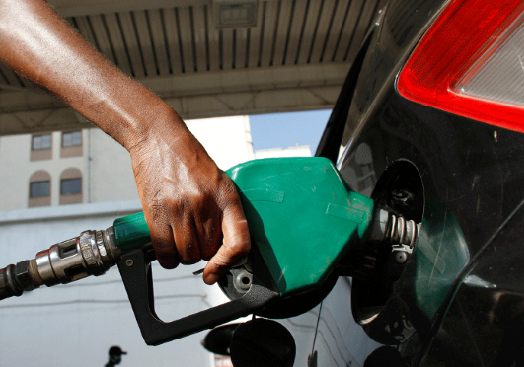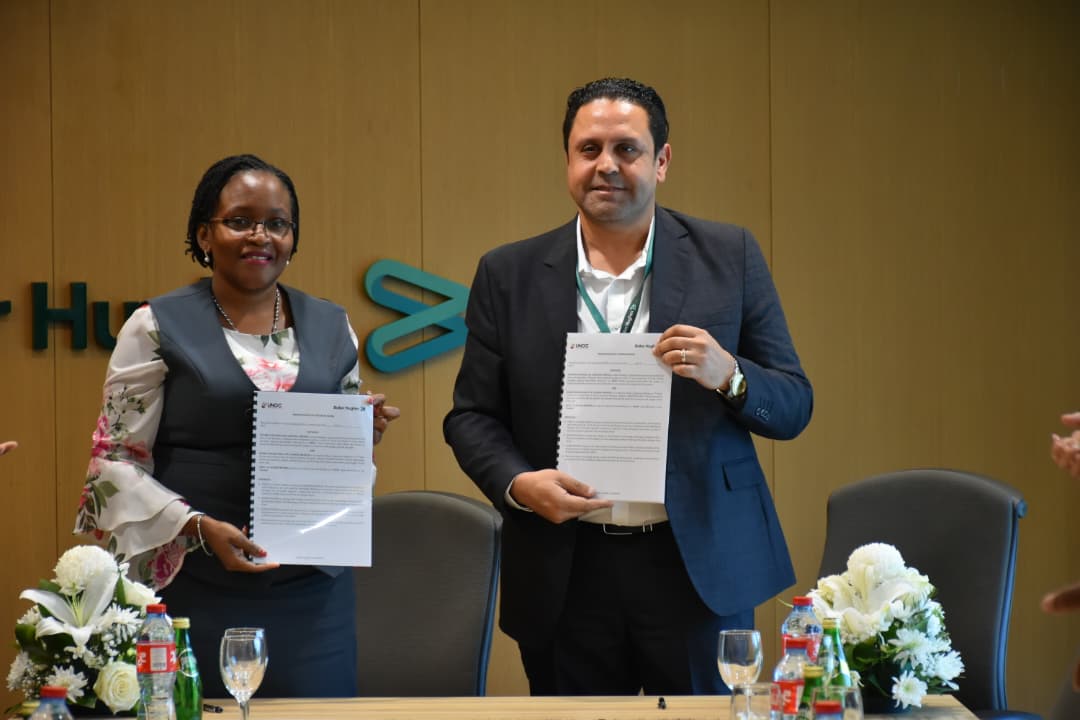Same source, different prices: The mystery behind Uganda’s fuel price puzzle
UNOC said in a press statement that the arrival of this shipment marked a significant milestone for Uganda as the first vessel under UNOC's new mandate as the sole importer of fuel products.

It’s a question on the minds of every motorist in Uganda these days: If all fuel is being imported by the Uganda National Oil Company (UNOC), why are prices still varying so much from station to station?
While prices at the pump have dipped slightly since UNOC took over the importation, many Ugandans can’t help but wonder what drives the disparities. Are we all getting the same fuel, or is something else at play?
The cargo ship (MT NAVIG8 MARTINEZ-) carrying 80m litres of petrol that belongs to Uganda National Oil Company (UNOC) on July 3 arrived at Mombasa port, reported Daily monitor.
UNOC said in a press statement that the arrival of this shipment marked a significant milestone for Uganda as the first vessel under UNOC’s new mandate as the sole importer of fuel products. This, the state-owned agency in charge of handling its commercial interests in the petroleum sector, said is a historic event that “emphasises our commitment to ensuring the reliable supply of high-quality fuel”.
During the same month, an anonymous source from the ministry of energy told daily monitor that interventions by UNOC to exclusively import petroleum products for Uganda, will not increase the current pump price, but may also not lead to its reduction either because UNOC isn’t going to retail oil products in Uganda.
The source said: “UNOC is in this to ensure stability of the stocks and supply of products unlike before, there won’t be unexplainable shortages of products on pumps stations because now the government is in charge of what to buy and when to buy it since it has gained energy independence for the first time.”
A Frustrating Reality for Motorists
“I fuel at two different stations just a few kilometers apart, but the price difference is shocking,” says James Ouma, a boda-boda rider from Kampala. “One place charges me almost 100 shillings more per liter than the other. How is that even possible when they’re supposedly getting fuel from the same source?”
It’s not just James feeling the pinch. Many motorists are beginning to ask the same questions, fueling speculation (pun intended) about why prices aren’t uniform across the country.
The Expert’s Take
To get a clearer picture, I spoke with energy economist Dr. Sarah Mugisha. According to her, the price disparities aren’t as simple as they seem.
“While UNOC is indeed the sole importer, several factors influence the final price at the pump,” Dr. Mugisha explains.
“Operational costs, regional distribution challenges, brand competition, and even the station’s location all contribute. Stations in more remote areas may have higher transportation costs, and premium brands may factor in other costs such as loyalty programs or value-added services.”
Dr. Mugisha also points out that some stations may stockpile fuel at higher prices and adjust slowly when market prices drop, leading to temporary disparities.
The Quality Question
Beyond price, many drivers wonder if the fuel quality differs between stations. UNOC has assured Ugandans that all fuel imported through its system meets national quality standards, but skepticism remains.
“I’ve noticed my car runs better on fuel from certain stations,” says Angela Namayanja, a frequent traveler between Kampala and Jinja. “It makes me think that not all fuel is equal, even if it’s supposed to come from the same source.”
Dr. Mugisha, however, refutes this. “Variations in vehicle performance could be due to several factors, like fuel additives or how long the fuel’s been stored, rather than the base quality of the fuel itself,” she notes. “UNOC’s regulations are quite stringent.”
What’s Next for Uganda’s Fuel Market?
With many motorists still scratching their heads over the price gaps, calls are growing for more transparency. Some are even suggesting the need for a national price cap or stricter monitoring to ensure stations aren’t taking advantage of consumers.
“I just want fairness,” says James Ouma, reflecting the sentiment of many Ugandans. “If it’s all from the same source, we should all be paying close to the same price, right?”
Only time will tell if Uganda’s fuel market will stabilize, but for now, motorists will keep searching for the best deals — and questioning why they need to.
What’s your take on the fuel price differences? Have you noticed similar disparities in your area? Let us know!







